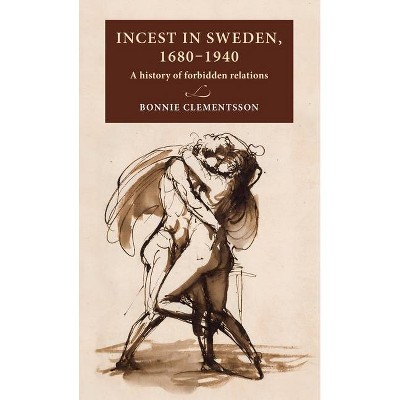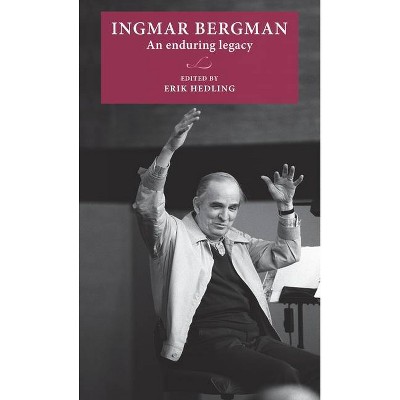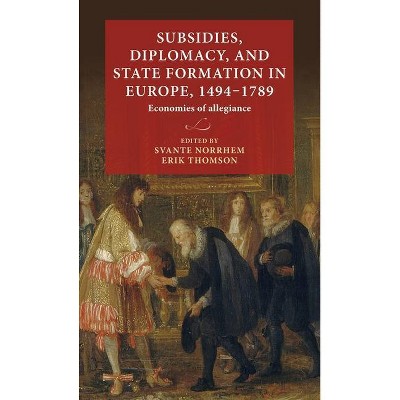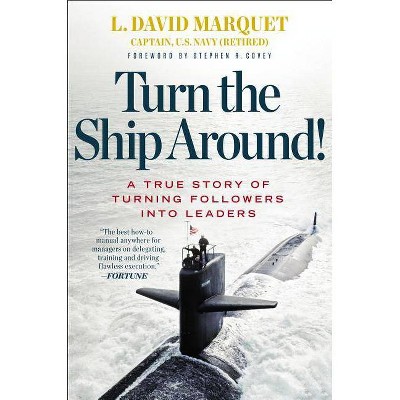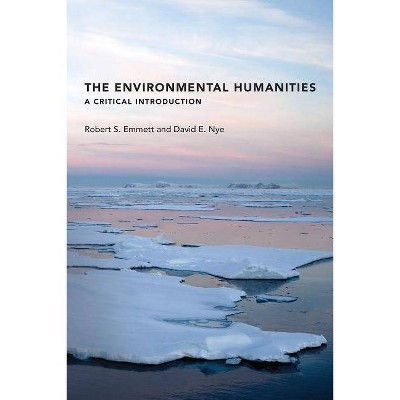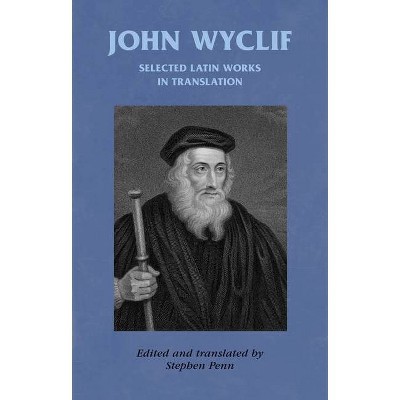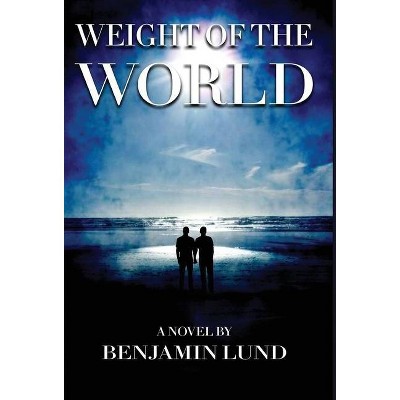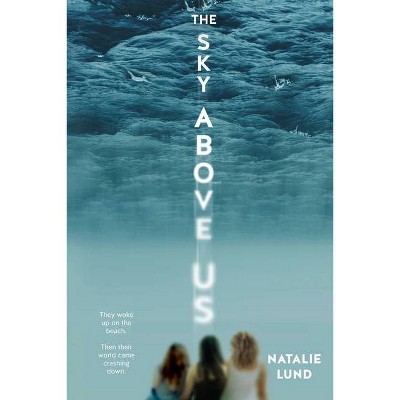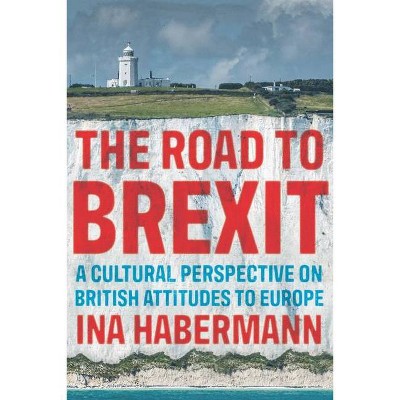The environmental turn in postwar Sweden - (Lund University Press) by David Larsson Heidenblad (Hardcover)
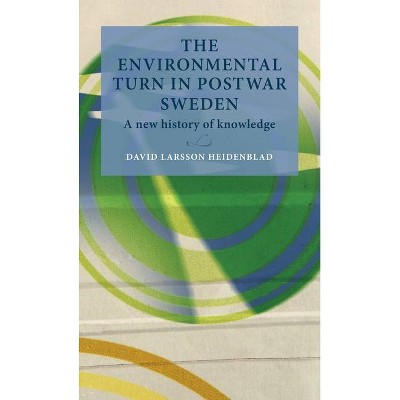
Similar Products
Products of same category from the store
AllProduct info
<p/><br></br><p><b> About the Book </b></p></br></br>This book tells the story of how modern environmentalism emerged at a remarkably early stage in postwar Sweden. It sheds new light on why Sweden took an early lead in global environmental politics and how the country came to host the first UN Conference on the Human Environment in 1972.<p/><br></br><p><b> Book Synopsis </b></p></br></br>The Stockholm Conference of 1972 drew the world's attention to the global environmental crisis, but for people in Sweden the threat was nothing new. Anyone who read the papers or watched the television news was already familiar with the issues. Five years early, in the summer of 1967, the situation was very different. So what happened in between? This book explores the 'environmental turn' that took place in Sweden in the late-1960s. This radical change, the realisation that human beings were in the process of destroying their own environment, had major and far-reaching consequences. What was it that opened people's eyes to the crisis? When did it happen? Who set the ball rolling? These are some of the questions the book addresses, shedding new light on the history of environmentalism.<p/><br></br><p><b> From the Back Cover </b></p></br></br>This book tells the story of how modern environmentalism emerged in postwar Sweden. It reveals that the 'environmental turn' occurred as early as the autumn of 1967 and that it was scientists who led the way, most notably chemist Hans Palmstierna, an active social democrat and a regular contributor to the nation's leading morning paper. Drawing on Palmstierna's rich and previously unexamined personal archive, the book traces the development of popular environmental engagement in the country. In doing so it also highlights the work of journalist Barbro Soller, who in the mid-1960s became Sweden's first environmental journalists, and of historian Birgitta Odén, who in collaboration with the Swedish Defence Research Institute sought to launch an interdisciplinary research programme based in the humanities and the social sciences as early as 1967-68. One of the book's most important conclusions is that environmentalism emerged in Swedish society before there was a recognisable environmental movement. However, from 1969 onwards new social movements began to alter the dynamics. By the time the United Nations arranged the Stockholm conference on the human environment in June 1972, environmental knowledge had already become a source of conflict between rival interests. <i>The environmental turn in postwar Sweden</i> is the first full-length study to emerge from the Lund Centre for the History of Knowledge (LUCK), and demonstrates how its specific take on the history of knowledge enhances historical scholarship.<p/><br></br><p><b> Review Quotes </b></p></br></br><br>'David Larsson Heidenblad uses a fine-tuned academic method to create a vivid story that stands firmly on his scientific platform ... a masterpiece and a brilliant narrative for a broad general audience.' Bo Landin, science writer and documentary filmmaker '<i>The environmental turn in postwar Sweden</i> presents a novel understanding of the greening of the welfare state in a country which is often seen as a model. Previous research on the breakthrough years often focused on single issues: acid rain, industrial pollution or toxic substances in birds and fish. In this book, young historian David Larsson Heidenblad convincingly shows how the change was much more sweeping, profound and engaged society and citizens at all levels. Above all, he follows the circulation of environmental knowledge - not just the knowledge of scientific elites but its practical application among popular movements, media, public agencies and, not least, in politics. The book is a key contribution to the emerging understanding of the ongoing and expanding environmental revolution that under ever new names - sustainability, Anthropocene, resilience, climate change - transforms the human-earth relationship and sets new social and policy agendas for the twenty first century.' Sverker Sörlin, Professor of Environmental History, KTH Royal Institute of Technology, Stockholm<br><p/><br></br><p><b> About the Author </b></p></br></br>David Larsson Heidenblad is Associate Professor and Deputy Director of the Lund Centre for the History of Knowledge (LUCK), Lund University
Price History
Price Archive shows prices from various stores, lets you see history and find the cheapest. There is no actual sale on the website. For all support, inquiry and suggestion messagescommunication@pricearchive.us
